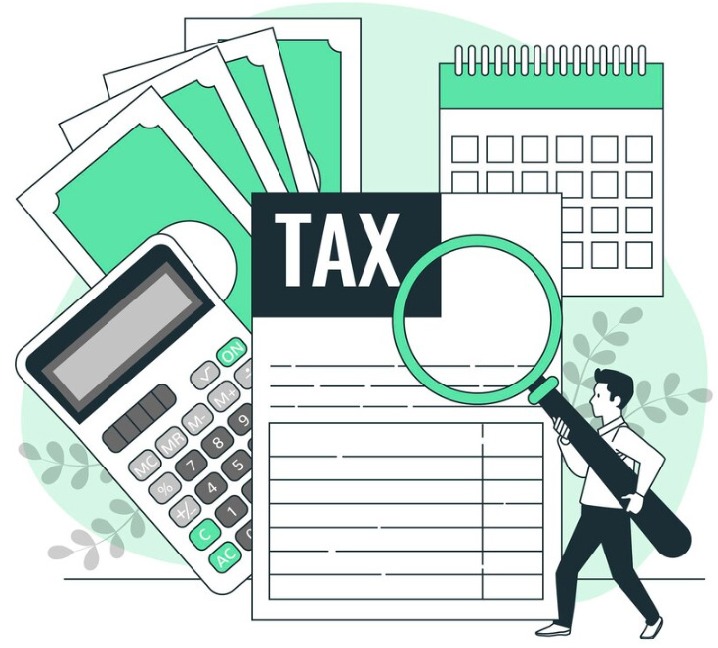In a significant ruling, the Tax Appeal Tribunal (TAT) dismissed the Bayelsa State Board of Internal Revenue’s appeal against Sterling Global Resources Ltd, a player in the oil and gas sector. The Bayelsa State Board of Internal Revenue (Appellant) filed an appeal against Sterling Global Resources Nig. Ltd (Respondent) over an alleged failure to file and pay tax liabilities amounting to N300,000,000.00 for various taxes including PAYE, Development Levy, and Bayelsa State Infrastructural Maintenance Levy for the years 2012-2017.
Unpacking the Case: The Battle Over Tax Liabilities
The Bayelsa State Board of Internal Revenue, as the appellant, claimed that Sterling Global Resources Ltd had failed to remit taxes deducted from employees’ salaries to the state government, citing various sections of the Personal Income Tax Act (Amendment) 2011 and other relevant legislations.
In defense, Sterling Global Resources Ltd argued that it had not commenced business operations in Bayelsa State during the specified assessment period, substantiating its claim with a document from the Department of Petroleum Resources (DPR) indicating a start date of June 6, 2018.
Tribunal’s Decision
The key question for the Tribunal was whether sufficient evidence was presented to establish the respondent’s tax liability for the period in question. Upon reviewing the evidence, including the business commencement documentation from the DPR, the Tribunal concluded that Sterling Global Resources Ltd had indeed not commenced operations during the period under review and, therefore, could not be held liable for the claimed taxes. The appeal was unanimously dismissed for lack of merit.
Broader Implications: Navigating Tax Liability and Compliance
This judgment holds significant implications across board:
- For Tax Authorities: The judgment emphasizes the need for accurate evidence and due diligence in tax assessments, reminding that assessments based on assumptions may fail under legal scrutiny.
- For Taxpayers: The ruling reaffirms the importance of keeping precise records and documentation to counter unjust tax assessments, highlighting due process in taxation.
- For Tax Practitioners: This case serves as a crucial precedent, underscoring thorough preparation and evidence presentation in representing clients effectively in tax disputes.
Key Takeaway
While the decision highlights the non-commencement of business operations as a key determinant of tax liability, it is crucial to note that companies might still face tax obligations even before formally launching operations, especially if there is proof of preliminary financial transactions.
Stay Informed with SimmonsCooper Partners
For more insights into how this landmark ruling and similar legal developments, contact us at info@scp-law.com or visit our website at www.scp-law.com for further information and personalized guidance.
SimmonsCooper Partners is your go-to source for expert legal advice in navigating the complexities of tax laws and disputes.





